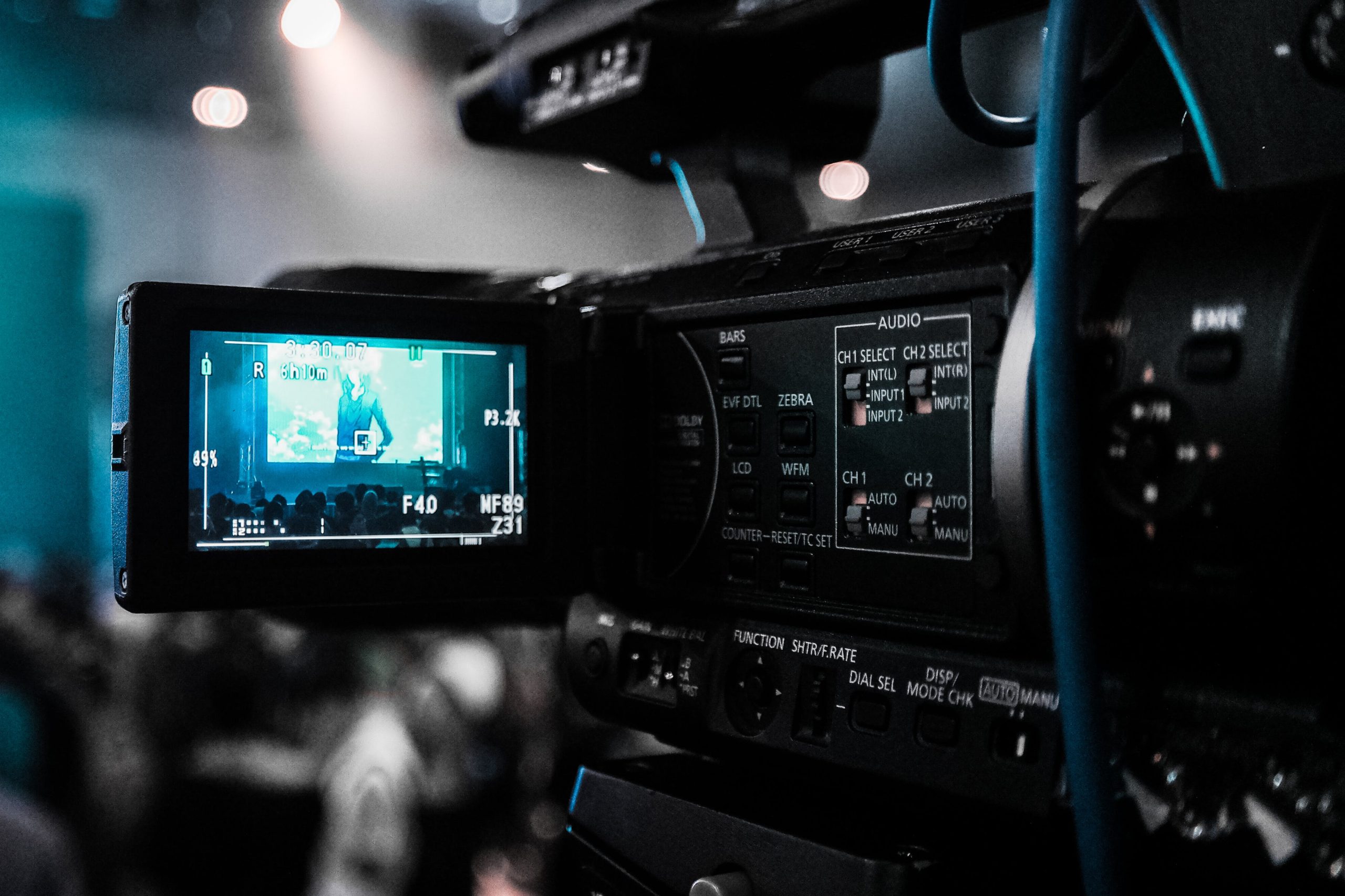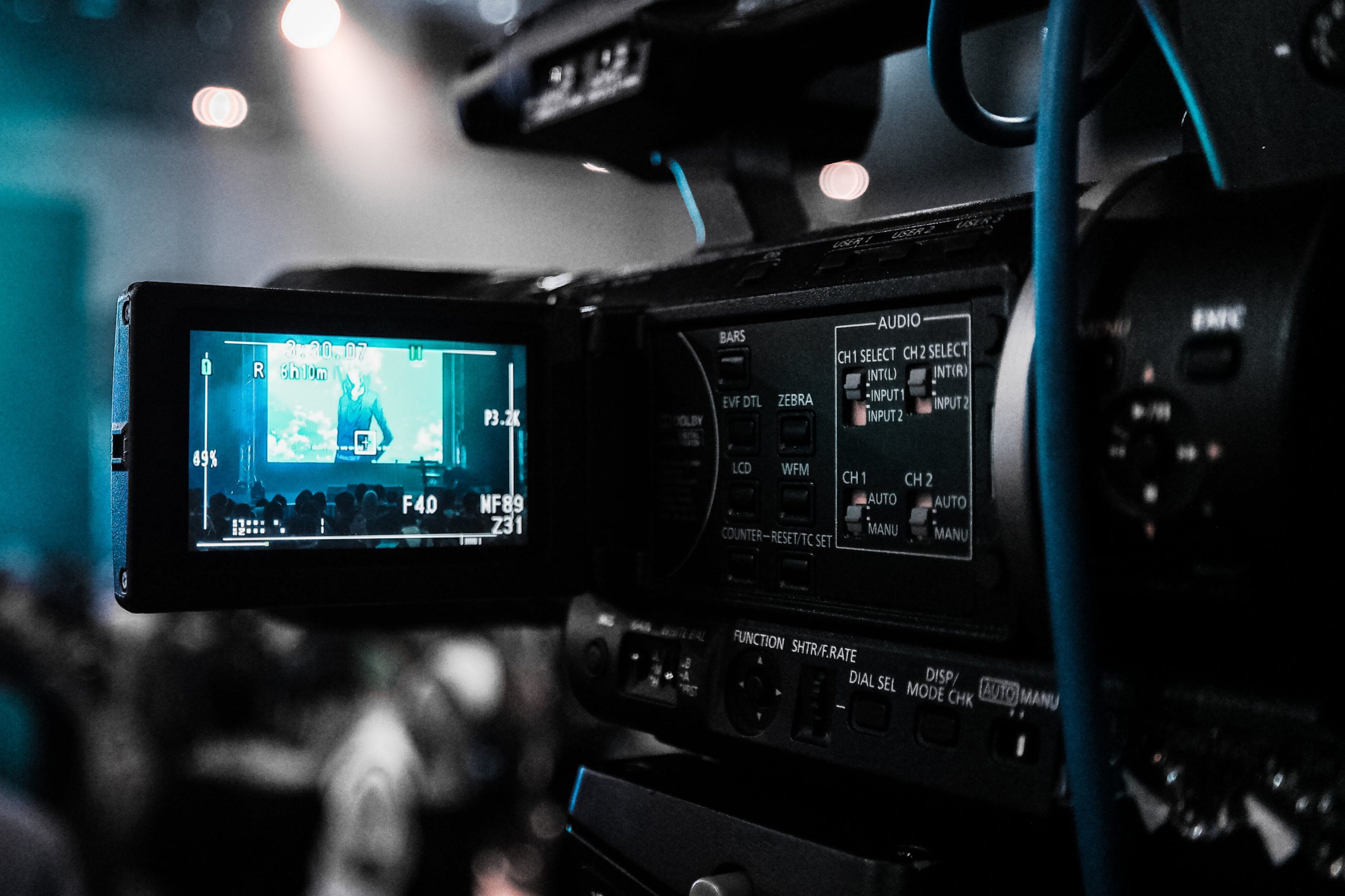Are you interested in learning about the three key rules of conducting a successful interview? Look no further! This article will provide you with all the necessary information you need to ace any interview. From understanding the power of a podcast to mastering the art of microphone usage, we’ll delve into the essential elements that make an interview truly exceptional. So, whether you’re a budding podcaster or simply curious about the world of interviews, these three rules will help you create engaging and captivating conversations. Let’s get started!
Understanding the Importance of Rules in an Interview
Podcasts have become a popular platform for interviews, allowing individuals to share their knowledge, insights, and stories with the world. However, conducting an interview is not simply a matter of hitting the record button and asking questions randomly. In order to ensure a successful podcast interview, it is important to understand and adhere to a set of rules that can greatly enhance the quality and impact of the conversation. These rules serve as guidelines for both the interviewer and interviewee, creating a structured and professional environment that fosters meaningful dialogue and effective communication.
Role of rules in a professional scenario
Rules play a crucial role in any professional scenario, including podcast interviews. They provide a framework that establishes the expectations and boundaries for all parties involved, ensuring a respectful and fruitful exchange of ideas. In the context of podcast interviews, rules help to create structure, maintain professionalism, and guide the conversation towards its intended objectives. By following these rules, interviewers are able to showcase the best of their guests while also presenting themselves in a professional and engaging manner.
How rules enhance the quality of a podcast interview
Adhering to a set of rules during a podcast interview can significantly enhance its quality and impact. Firstly, rules help interviewers to adequately prepare for the interview prior to hitting the record button. This preparation includes conducting in-depth research on the interviewee’s background, preparing insightful questions, and practicing the art of questioning. Additionally, rules dictate that interviewers must master the art of listening by improving concentration, interpreting verbal cues, and recognizing and responding to non-verbal signs. Lastly, maintaining professional and respectful conduct is essential during a podcast interview, which involves demonstrating proper etiquette, respecting personal boundaries and sensitivity, and giving the interviewee an equal opportunity to voice their thoughts.
Outlining the three key rules of an interview
The rules that govern a successful podcast interview can be distilled into three key principles: preparation, mastering the art of listening, and maintaining professional and respectful conduct. These rules provide a roadmap for interviewers, ensuring that they are well-equipped to steer the conversation in a productive direction while also creating an environment conducive to open and honest communication.
Rule One: Preparation for the Interview
Preparing for a podcast interview is paramount to its success. In order to conduct an engaging and insightful conversation, it is crucial for interviewers to invest time in conducting in-depth research on the interviewee’s background. This research will not only provide valuable information to guide the interview, but it will also demonstrate to the interviewee that their expertise and experiences are valued. Moreover, interviewers should take the time to prepare insightful questions that delve beyond the surface level, allowing the interviewee to share unique perspectives and insights. These questions should be thoughtful, well-researched, and aimed at eliciting meaningful responses.
In addition to research and question preparation, interviewers must also practice the art of questioning. This involves mastering the technique of asking open-ended questions that encourage the interviewee to provide detailed and thoughtful answers. By practicing the questioning process, interviewers can refine their skills in steering the conversation and keeping it focused on the intended topic. Furthermore, logistical preparations, such as ensuring the availability of appropriate podcasting tools and technical setup, are essential to ensure a smooth and uninterrupted interview.

Rule Two: Mastering the Art of Listening
While asking insightful questions is crucial, equally important is the ability to actively listen to the interviewee’s responses. Effective listening is a key skill for any interviewer, as it allows them to understand and engage with the interviewee on a deeper level. Active listening involves principles such as maintaining eye contact, providing verbal and non-verbal cues of attentiveness, and paying attention to both the spoken and unspoken messages being conveyed.
Improving concentration during the interview is vital to effective listening. Interviewers must stay present and focused, avoiding distractions and actively engaging with the interviewee’s words. This level of concentration not only ensures that interviewers are able to respond appropriately, but it also communicates respect and attentiveness to the interviewee.
Verbal cues from the interviewee can be an invaluable resource for the interviewer. Paying close attention to the interviewee’s tone, pace, and choice of words can provide valuable insights into their emotions and thoughts. By interpreting these verbal cues, interviewers can tailor their questions and responses to enhance the flow and depth of the conversation.
Non-verbal signs, such as body language and facial expressions, can also convey important messages during a podcast interview. Interviewers should be attentive to these cues, as they can provide additional context and understanding of the interviewee’s thoughts and feelings. It is important to recognize and respond appropriately to these non-verbal signs, demonstrating empathy and creating a safe space for the interviewee to express themselves.
Rule Three: Maintain Professional and Respectful Conduct
Professionalism and respect are essential elements of a successful podcast interview. Interviewers must demonstrate professional etiquette throughout the conversation, treating the interviewee with respect and creating an environment that is conducive to open and honest communication. This includes being punctual, dressing appropriately, and addressing the interviewee in a respectful manner.
Respecting personal boundaries and sensitivity is another important aspect of conducting a podcast interview. Interviewers should be mindful of any topics or questions that may be sensitive to the interviewee, avoiding prying or intrusive inquiries. By maintaining this sensitivity, interviewers create a trusting and respectful environment that encourages open dialogue.
Maintaining an unbiased attitude is crucial during a podcast interview. Interviewers must approach the conversation with an open mind, free from personal biases or agendas. This allows them to give the interviewee an equal opportunity to voice their thoughts and share their perspectives. It is important for interviewers to be neutral facilitators, facilitating a conversation that allows the interviewee to shine.

Applying the Rules During a Podcast Interview
Podcast interviews present a unique set of challenges and opportunities compared to other interview formats. While the general rules of preparation, listening, and conduct still apply, it is important to adapt these rules to fit the specific requirements and dynamics of a podcasting scenario.
One of the key aspects of a podcast interview is the use of podcasting tools. Interviewers must familiarize themselves with the equipment and software necessary for recording and editing the podcast. This includes understanding the features and functions of microphones, mixers, and recording software. By utilizing these tools effectively, interviewers can enhance the audio quality of the podcast and create a professional final product.
In addition to technical considerations, interviewers must also consider the pacing and format of a podcast interview. Unlike live interviews, podcast interviews can be edited to remove any awkward or unnecessary moments. Interviewers should take advantage of this by creating a conversational flow that is engaging and easy for listeners to follow. They can also utilize storytelling techniques, such as introductions and segues, to enhance the overall structure and impact of the interview.
Editing the Podcast After the Interview
Once the podcast interview has been recorded, it is important to carefully edit the content while preserving its essence. Editing involves selecting the most compelling parts of the interview, removing any unnecessary pauses or repetitions, and ensuring clarity and coherence in the final product.
While editing, it is essential to respect the integrity of the interviewee’s responses. Interviewers should aim to accurately represent the interviewee’s thoughts and opinions, avoiding any misrepresentation or manipulation of their words. This ensures that the podcast maintains its credibility and authenticity.

Overcoming Challenges While Following the Interview Rules
Even when adhering to the rules of an interview, challenges may arise that require careful navigation. Dealing with difficult interviewees is one such challenge, as their responses may be evasive or uncooperative. In such situations, interviewers should remain calm and composed, adapting their questioning techniques to encourage more meaningful responses.
External interruptions and noise can also pose challenges during a podcast interview. Interviewers should take necessary measures to mitigate these disturbances, such as conducting the interview in a quiet environment and using noise-cancelling equipment. By addressing these challenges proactively, interviewers can maintain the flow and focus of the conversation.
Conversations may sometimes drift off-topic or lose momentum, posing a challenge for interviewers to maintain the flow of the interview. In such instances, interviewers should steer the conversation back on track by gently redirecting the discussion while still respecting the interviewee’s thoughts and contributions. This requires finesse and adaptability, ensuring that the podcast interview remains engaging and relevant to the audience.
Common Mistakes in Following Rules of an Interview
While the rules of an interview provide a foundation for success, there are common mistakes that interviewers should be mindful of. Ignoring the need for extensive preparation can hinder the quality of the conversation, leading to shallow and uninteresting exchanges. By investing time in research, question preparation, and practicing the art of questioning, interviewers can facilitate a more engaging and insightful interview.
Poor listening and response techniques can also undermine the effectiveness of a podcast interview. Failing to actively listen to the interviewee’s responses can result in missed opportunities for deeper exploration and meaningful follow-up questions. Interviewers should prioritize active listening and respond thoughtfully to ensure a dynamic and productive conversation.
Another common mistake is compromising on professional conduct. This can manifest in various ways, such as interrupting the interviewee, expressing personal bias, or disregarding personal boundaries. Interviewers must be mindful of their conduct throughout the interview and prioritize professionalism and respect at all times.

Role Model Interviews and Their Successful Adherence to Interview Rules
Examining role model interviews that have successfully adhered to the rules of an interview can provide valuable insights and inspiration for aspiring interviewers. These examples demonstrate the impact and effectiveness of following the principles of preparation, listening, and conduct in creating engaging and enlightening conversations.
Analyzing why these role model interviews were successful can reveal specific strategies and techniques that can be applied in future podcast interviews. These may include interviewers’ ability to establish rapport, ask thought-provoking questions, or navigate sensitive topics with sensitivity and grace. By emulating these successful strategies, interviewers can enhance the impact and quality of their own podcast interviews.
Continuous Improvement and Adaptation of Interview Rules
To ensure continued growth and success as an interviewer, it is important to continuously refine and adapt the rules of an interview. Learning from past interview experiences, both successes and challenges, provides valuable insights into areas for improvement. By reflecting on these experiences and seeking feedback from colleagues and listeners, interviewers can identify areas where their preparation, listening, and conduct can be enhanced.
Additionally, staying updated with emerging trends in the podcasting industry allows interviewers to upgrade their techniques and approaches accordingly. As new technologies and formats emerge, interviewers should be open to incorporating these advancements into their practice, enhancing the overall quality and appeal of their podcast interviews.
Continuous refinement is essential in achieving mastery as an interviewer. By embracing a growth mindset and consistently seeking ways to improve, interviewers can elevate their skills and create podcast interviews that captivate and inspire audiences.
In conclusion, understanding the importance of rules in a podcast interview is essential for interviewers who seek to create engaging and impactful conversations. By following the rules of preparation, mastering the art of listening, and maintaining professional and respectful conduct, interviewers can foster an environment that encourages meaningful dialogue and enhances the quality of the podcast interview. Through continuous improvement and adaptation of these rules, interviewers can continue to refine their skills and create podcast interviews that leave a lasting impression on listeners.

